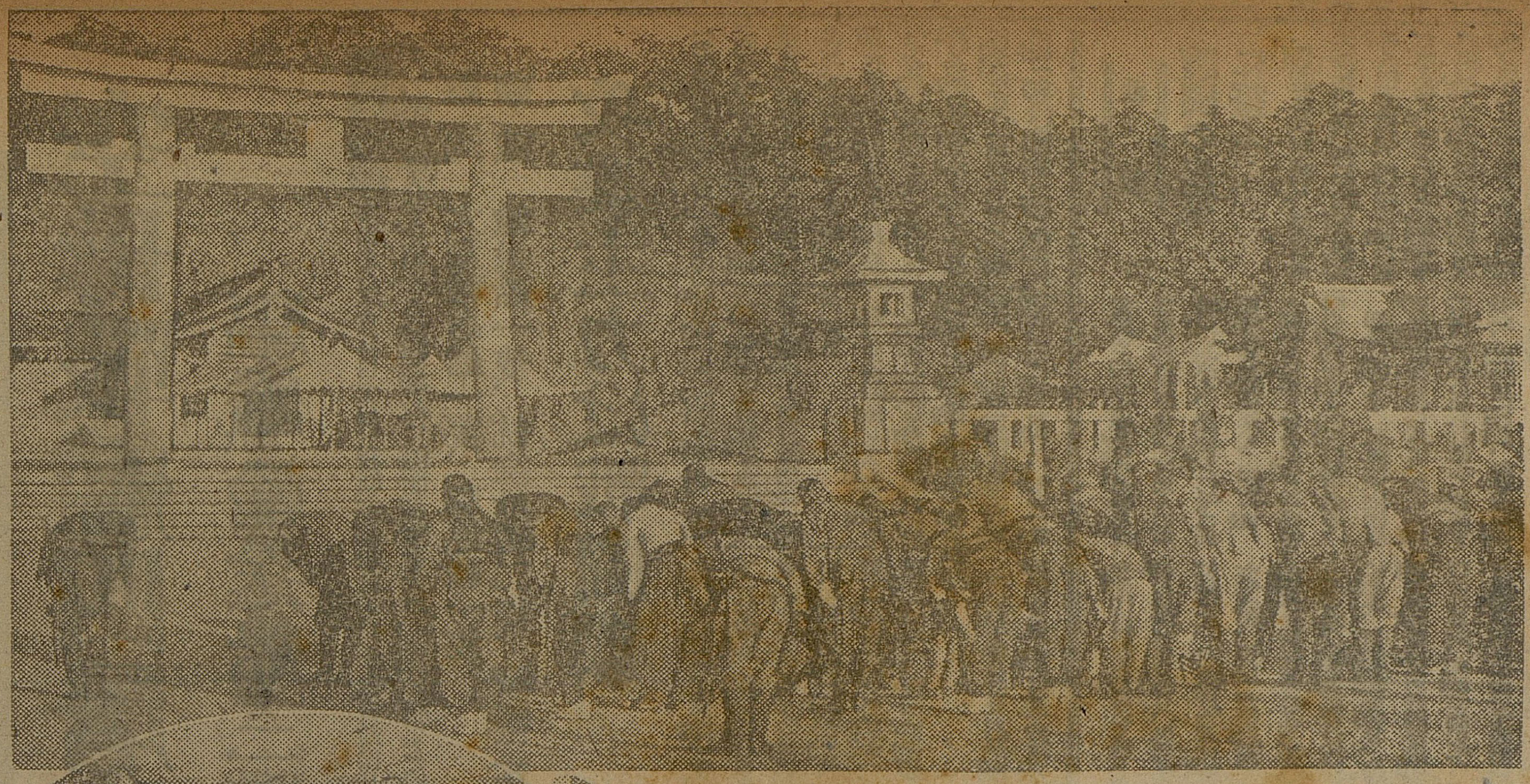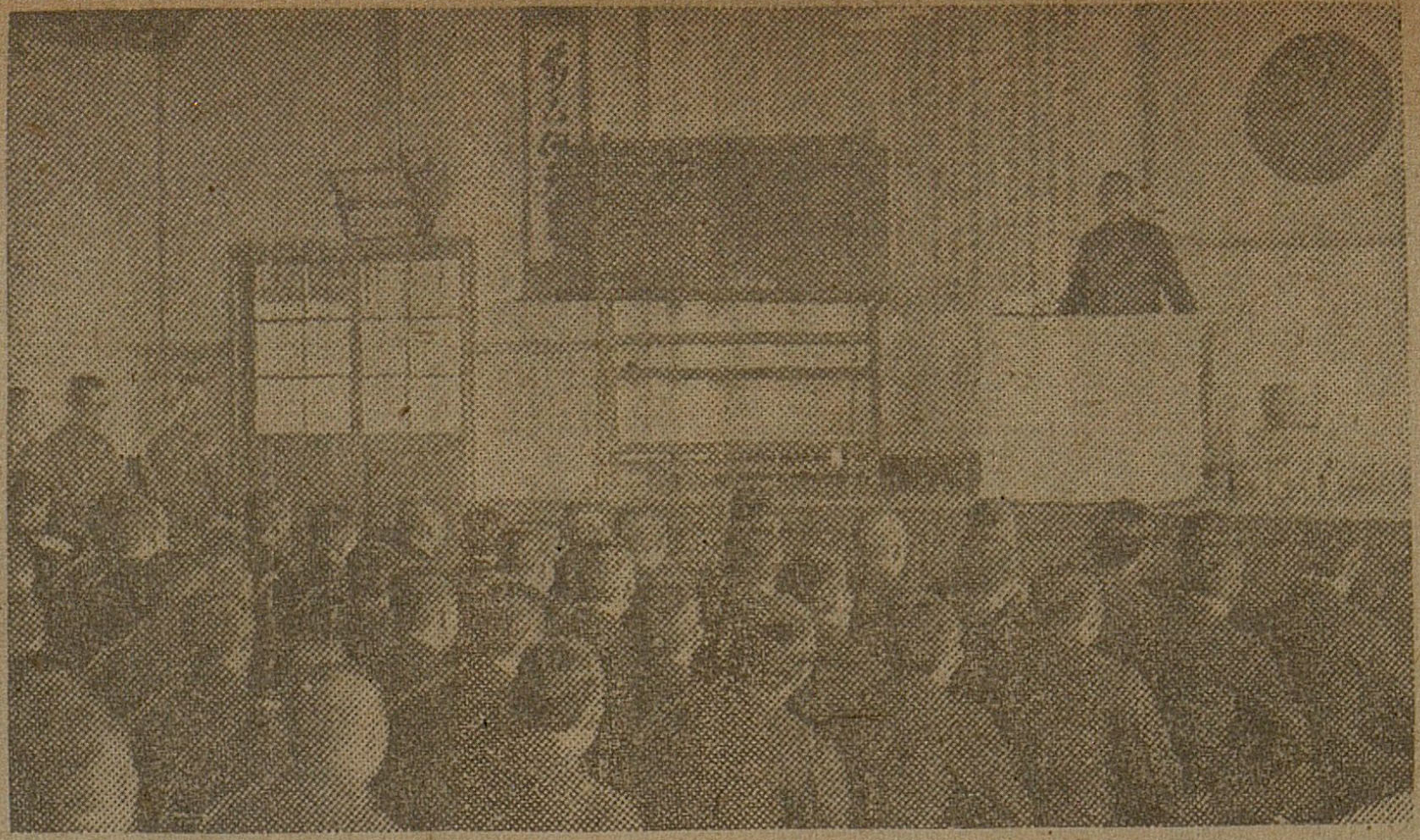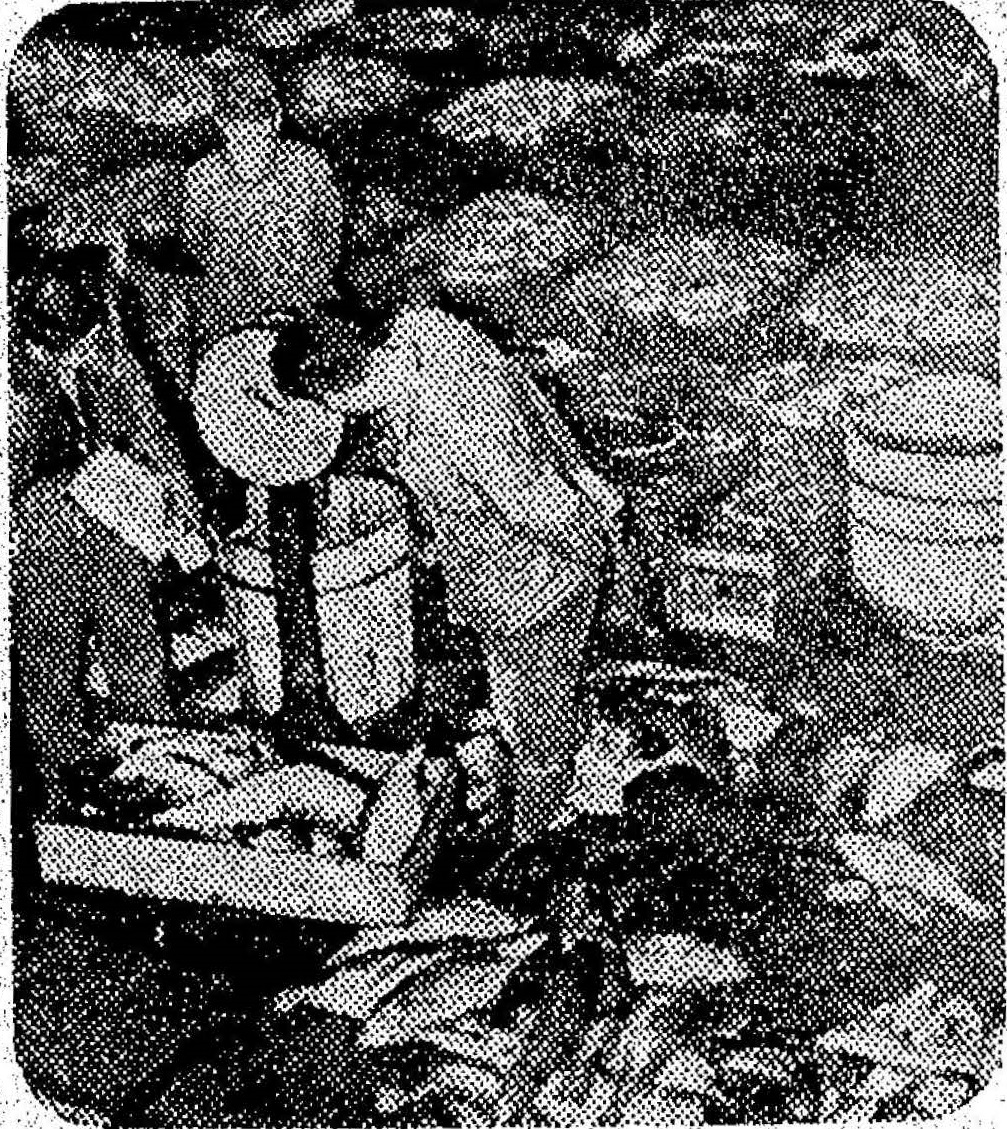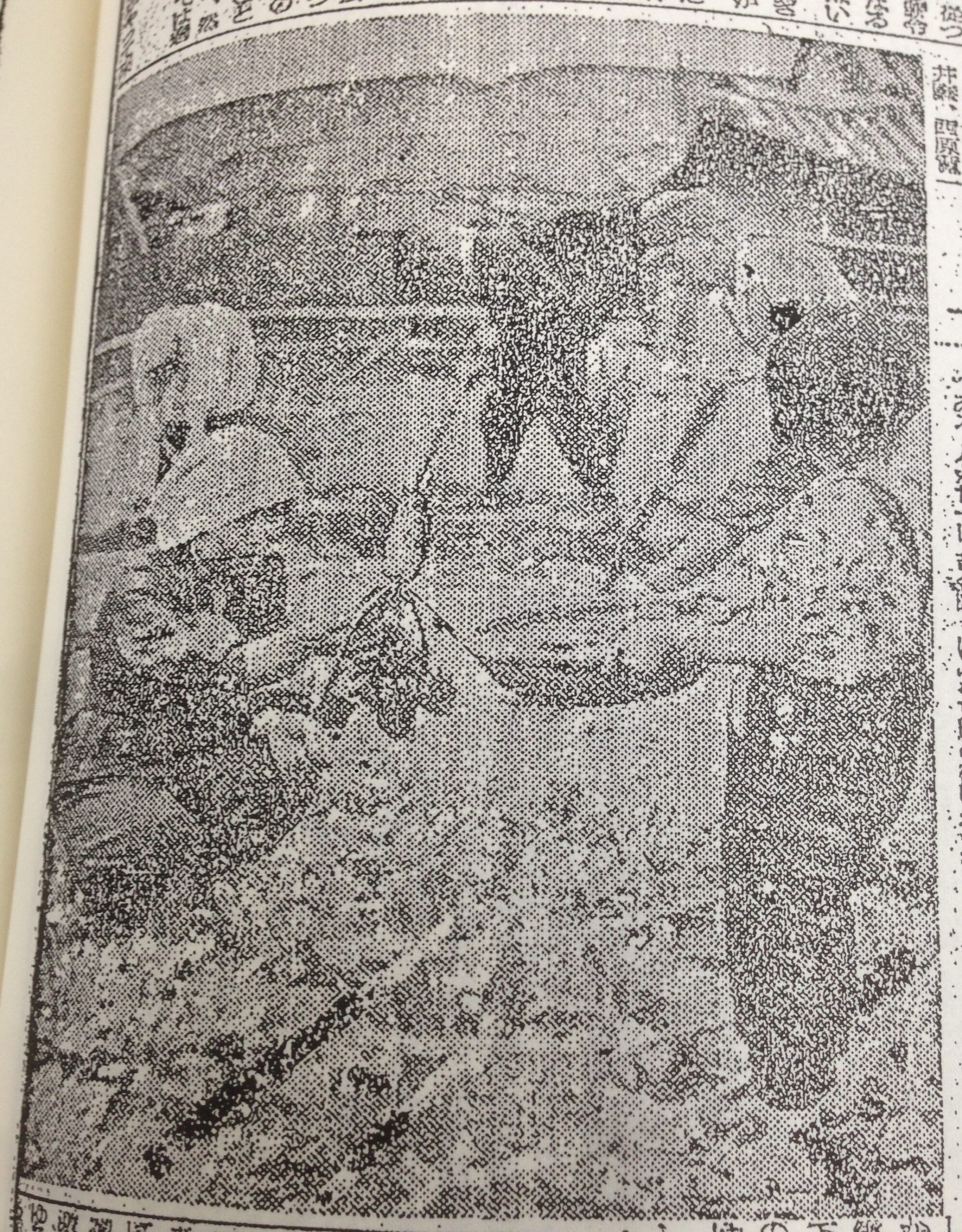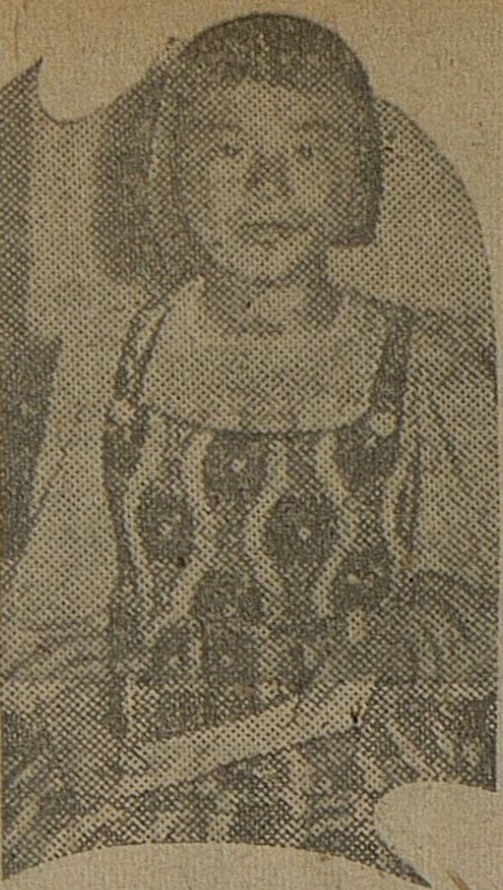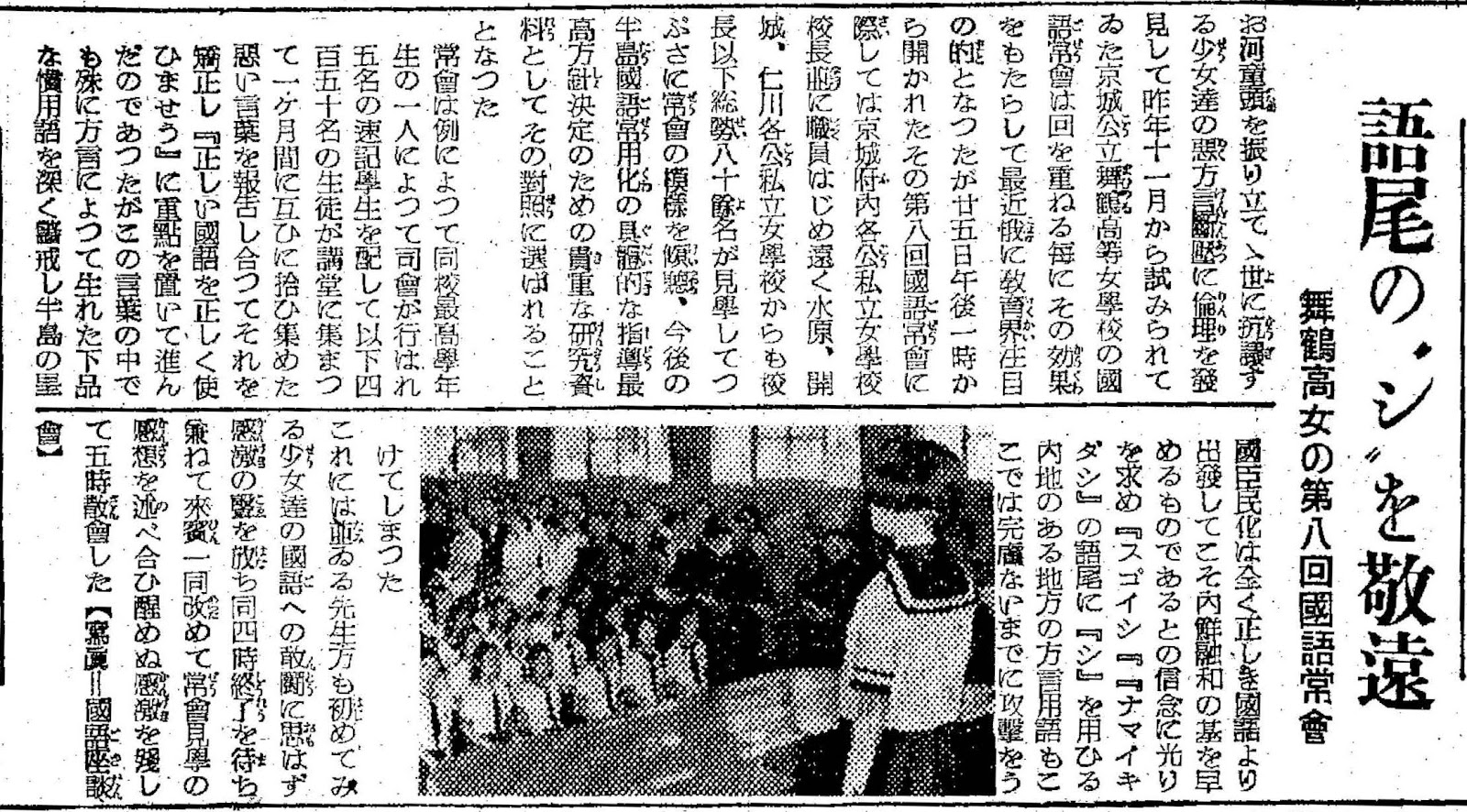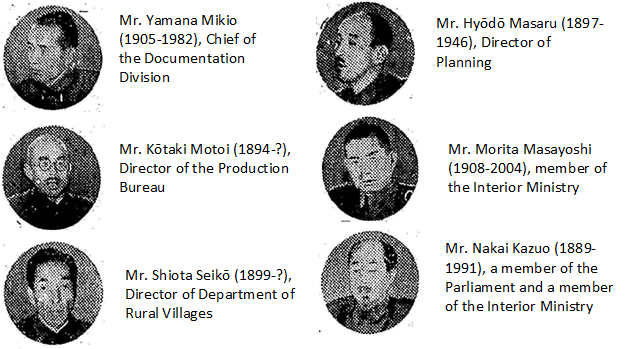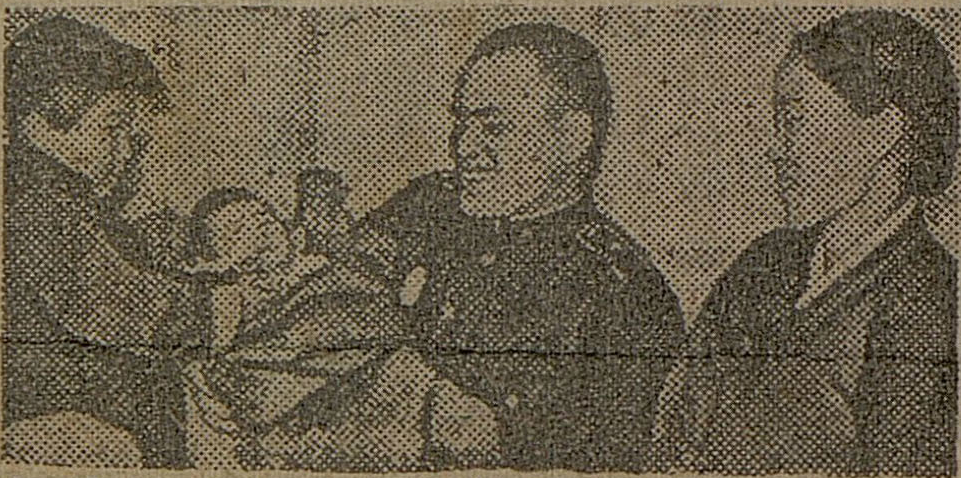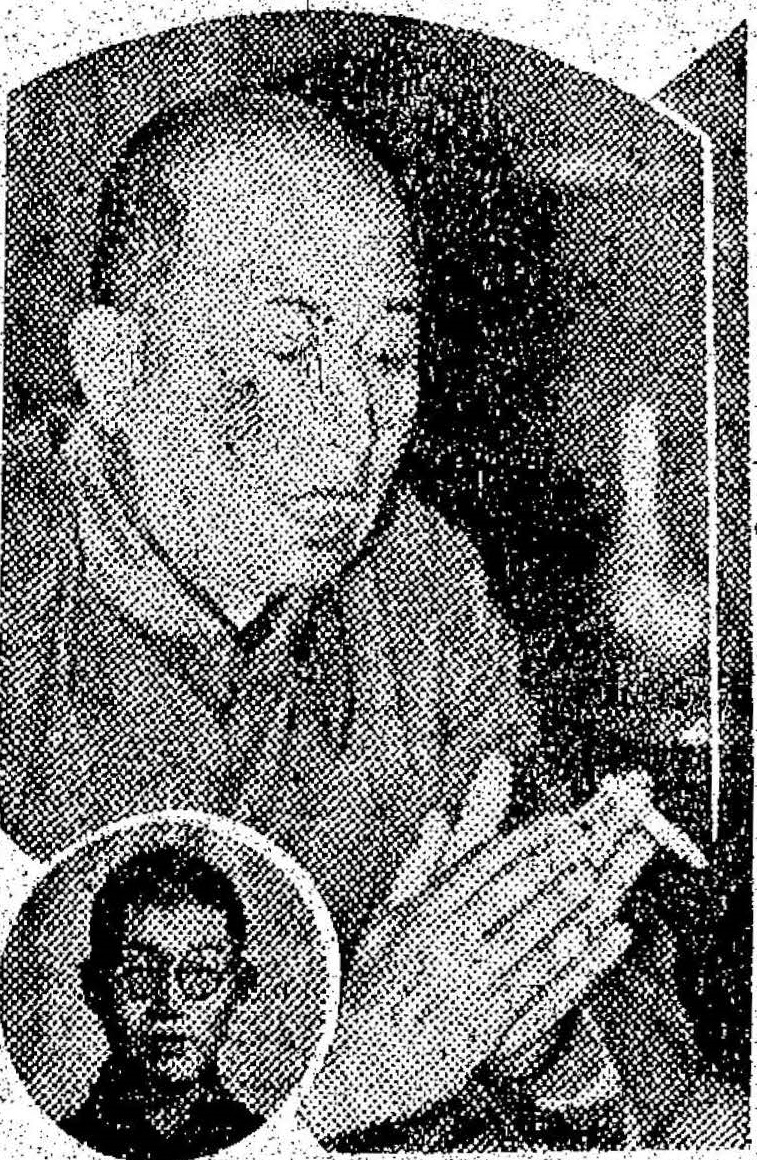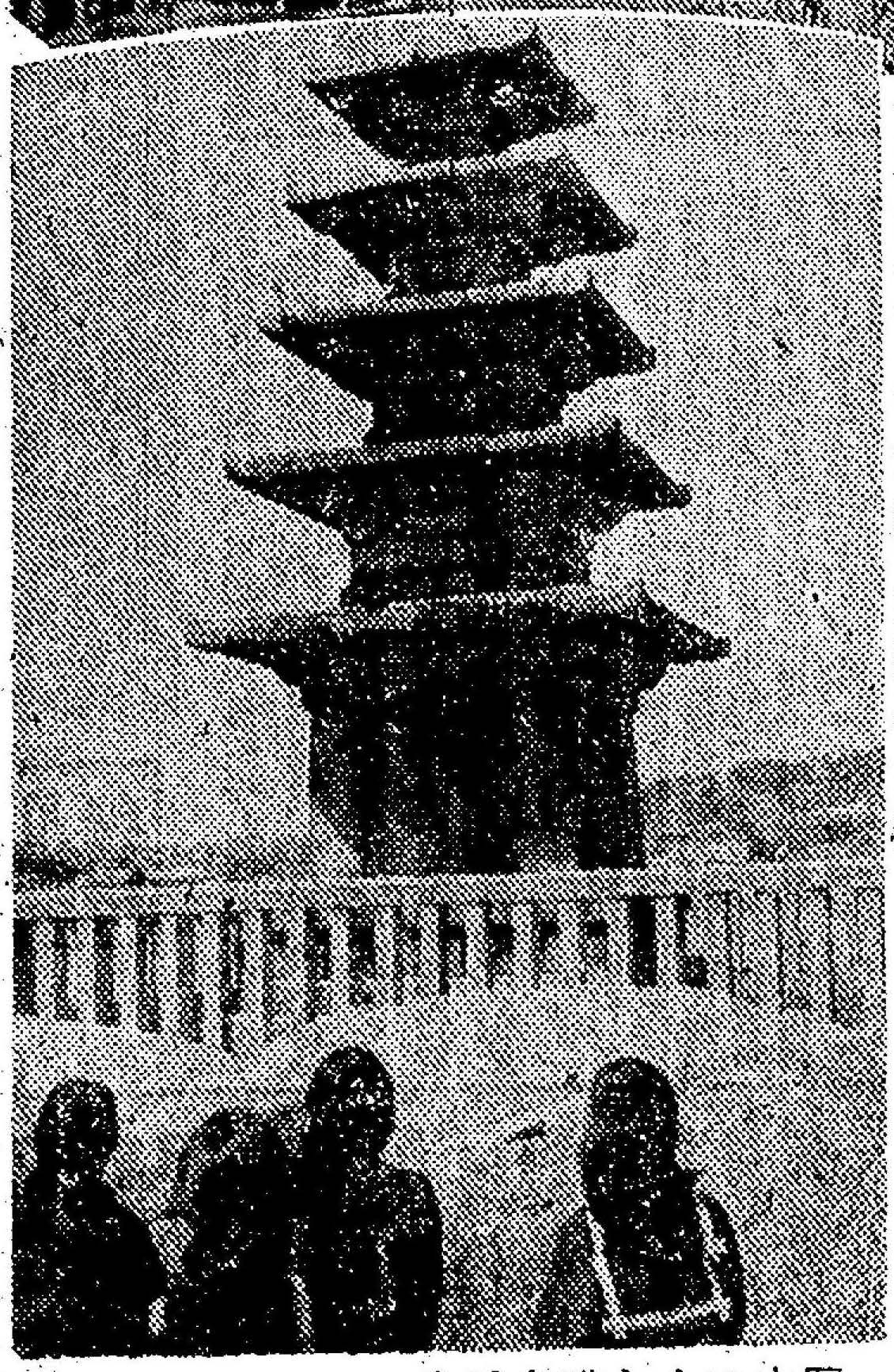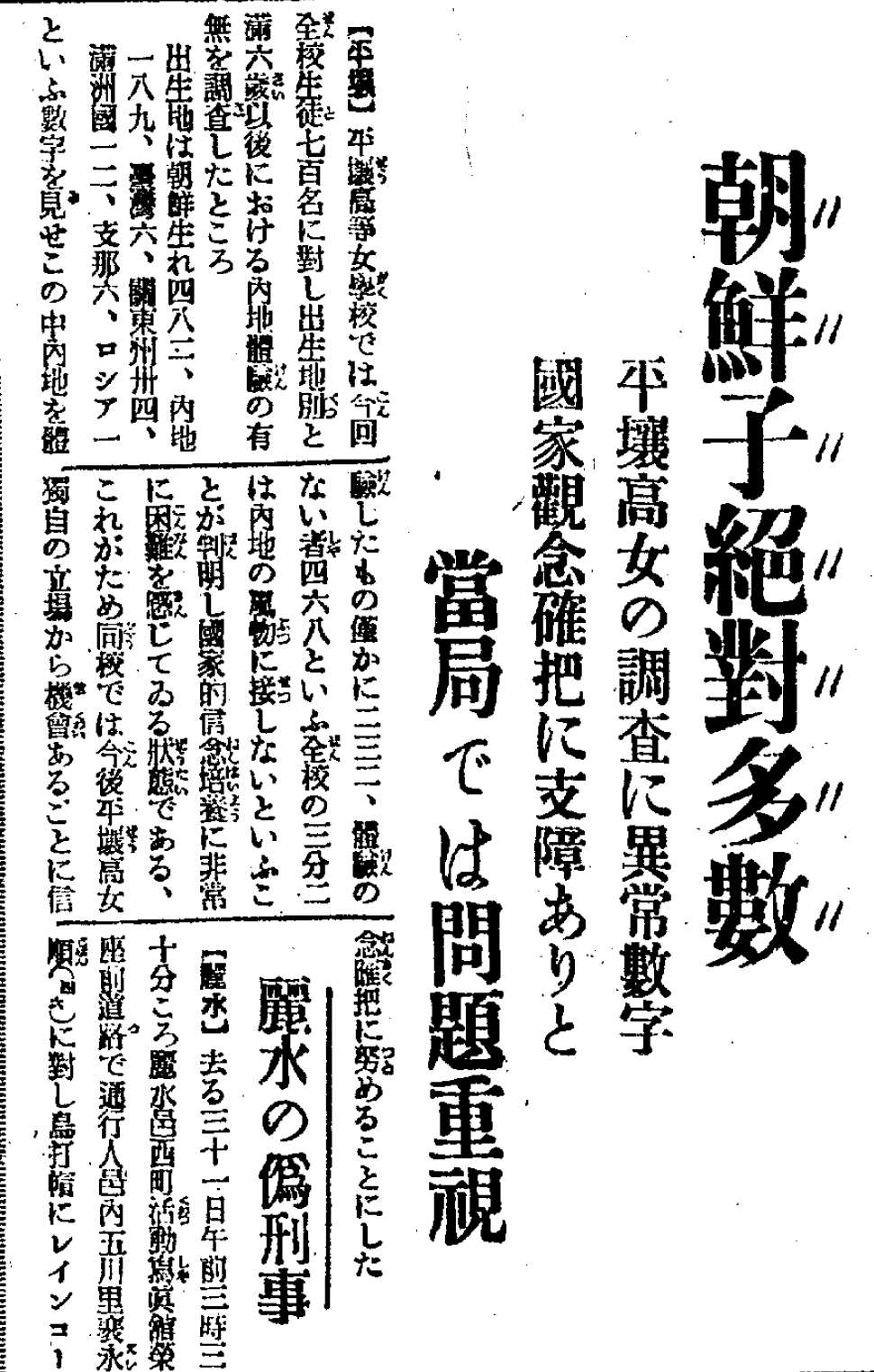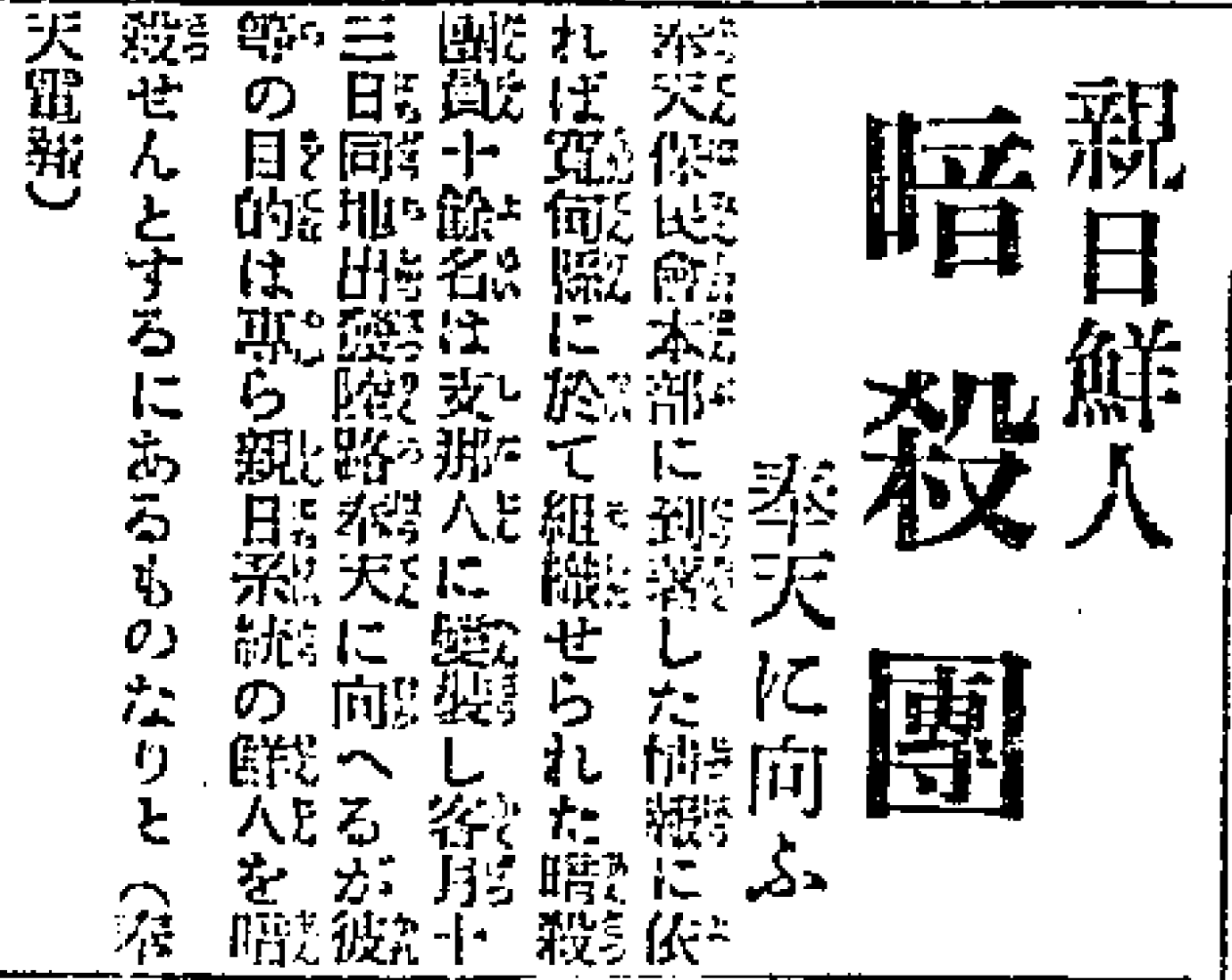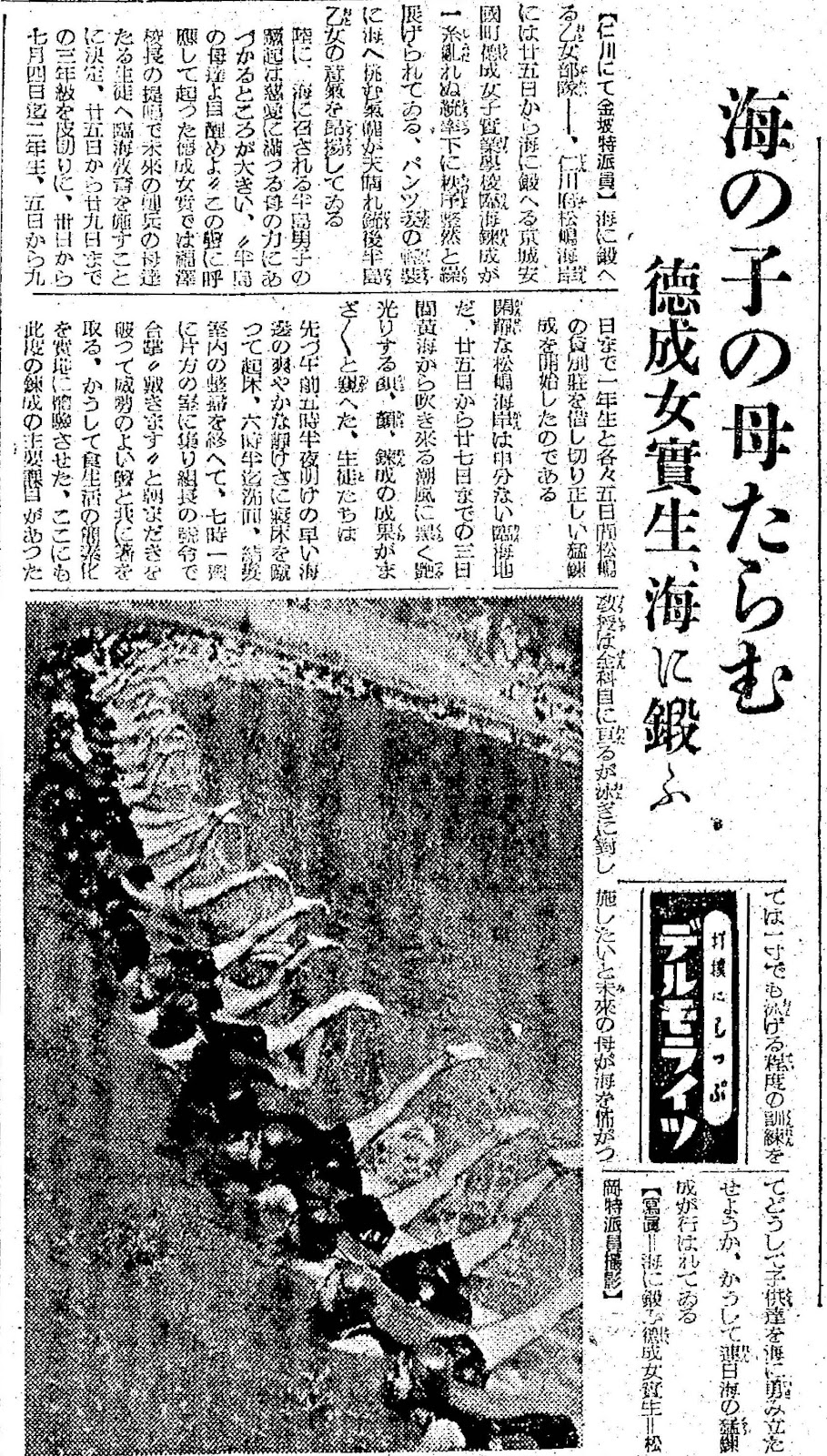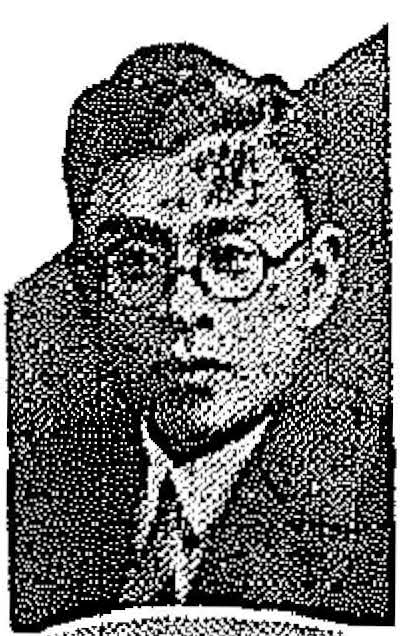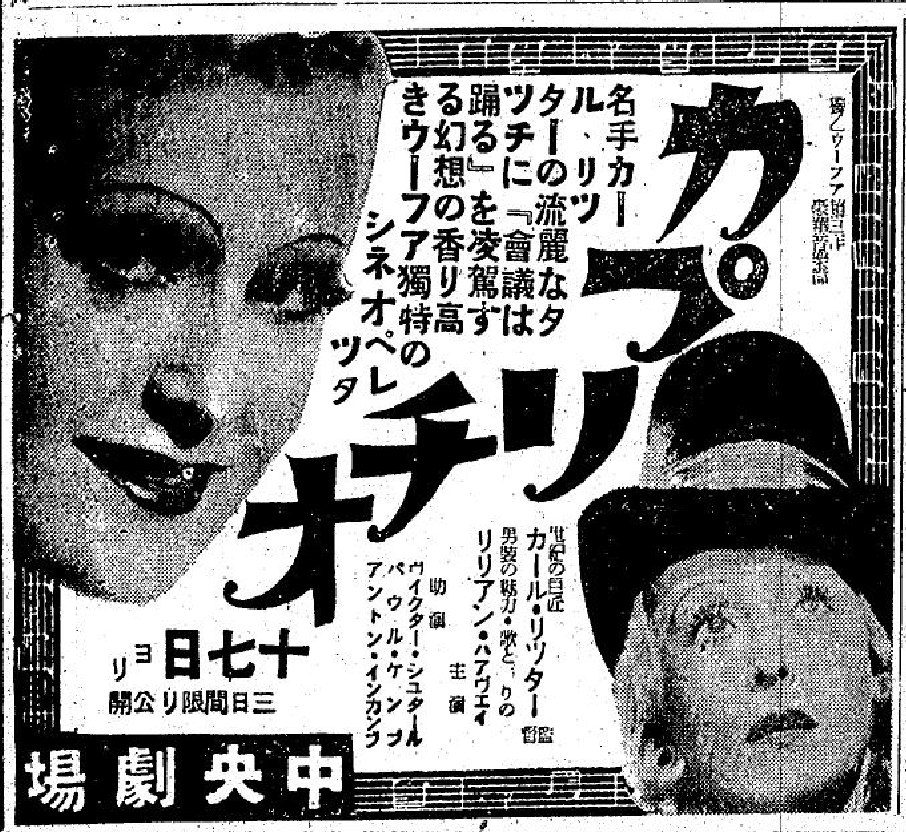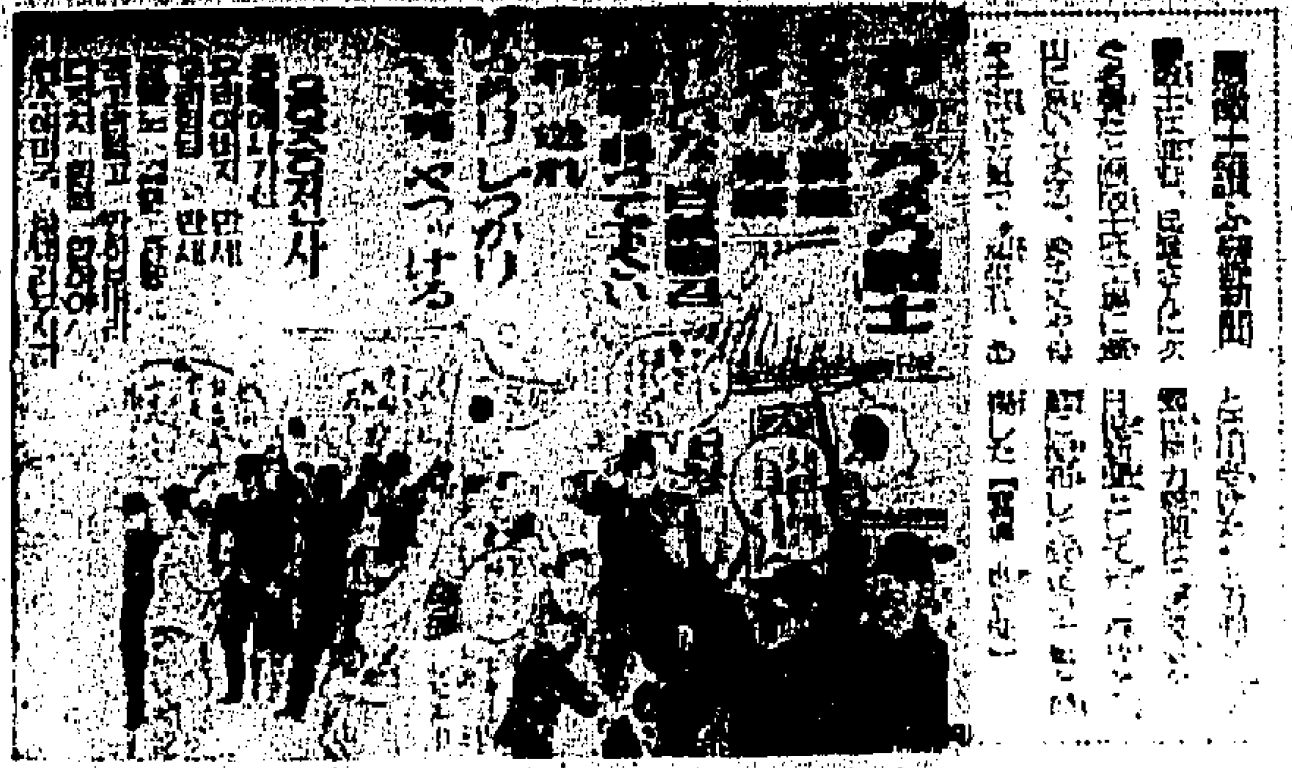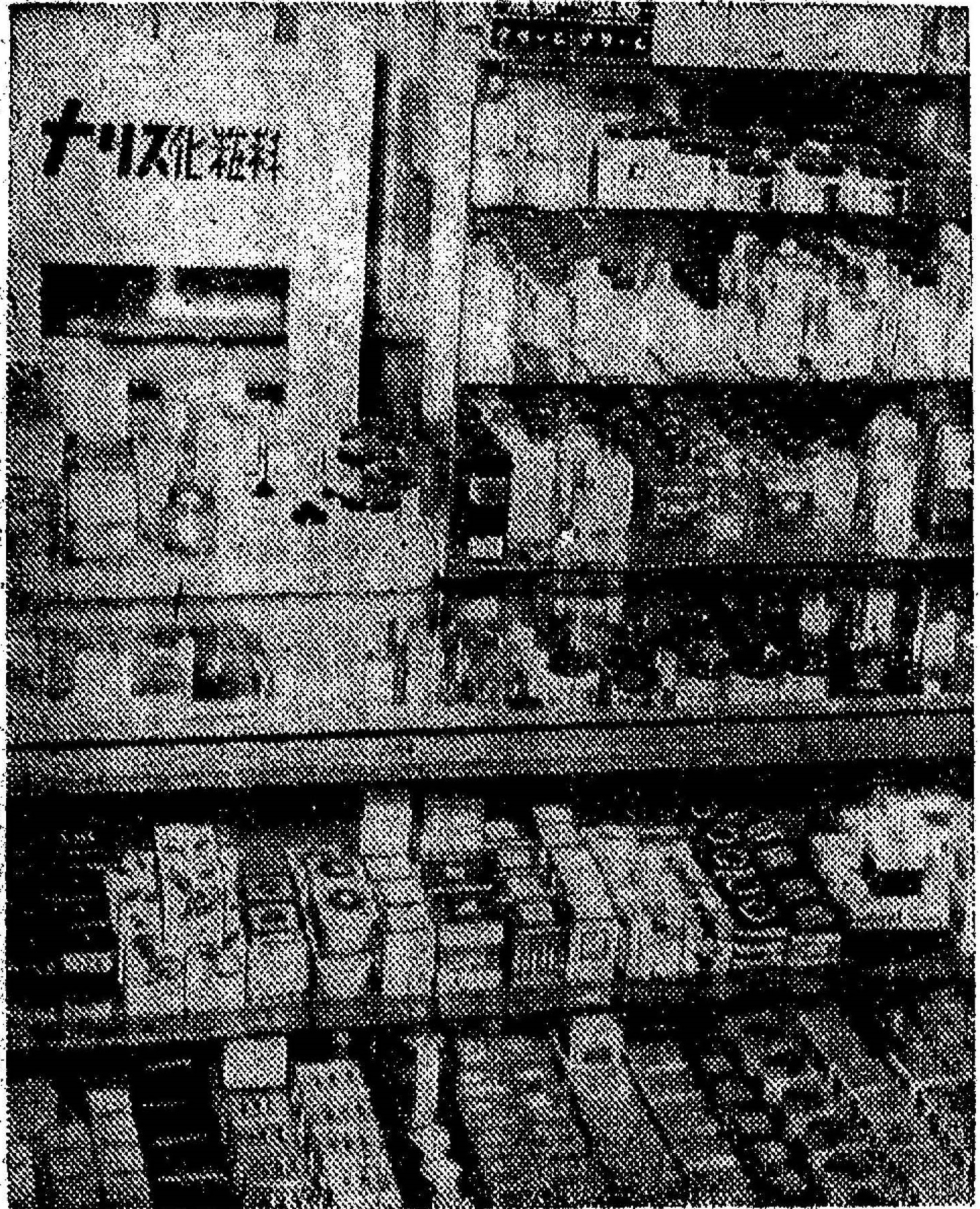
Hollywood movies and Western cosmetic brands were so popular in pre-WWII Korea that the colonial regime feared that young Koreans were being ‘intoxicated with frivolous Americanism’ by the ‘Jewish devil’ to ‘hold hands in a Western-style manner’ and to ‘advocate the supremacy of romantic love’
2022-12-22
505
1125
This article from December 1942, which particularly stands out for its especially anti-Semitic and anti-American messaging, was written to commemorate the one-year anniversary of the Pacific War against the United States, which began with the bombing of Pearl Harbor on December 7th local time (December 8th Japan time) in 1941. Setting aside the hateful content, this article actually provides some interesting insight into the popularity of American culture, Hollywood movies, and Western products in Korea before World War II. Apparently, the last holiday season that had some semblance of normality in colonial Korea was Winter 1940/1941, which was the last time it was possible for a Seoul resident to walk into a movie theater and watch a Hollywood movie. For example, on December 21, 1940, the 1938 American crime drama “Angels with Dirty Faces” was showing in Seoul.
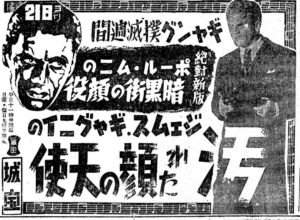
In the subsequent months and years, life would become more and more difficult for the average resident of Korea with increasing shortages of everything from food, clothing, to daily necessities. Militaristic wartime propaganda was amped up everywhere on the radio, in the schools, and at workplaces. People were conscripted into military service and labor duty to increase food and industrial production, all described in various articles in Keijo Nippo newspaper.
This article is also unusual in how many Japanese, Korean, and Western brand names and Hollywood movie titles that it mentions, so I’ve added links to various websites that explain these brands’ histories. Unfortunately, I could not find any search engine results for the allegedly Korean product brands, Daika, Yuki, Amatsu, and Riapapa, so it is unclear what kinds of products these brands represented.
(Translation)
Gyeongseong Ilbo (Keijo Nippo) December 6, 1942
Domestic products are also fashionable
Enjoying national propaganda movies
Today’s frugal lifestyle and culture
Shut out the United States and Britain!
One year since [the start of the Pacific War on December 8th]
Clothing and Movies Edition
Clothing and movies. Fashion in Seoul always starts with the Honmachi District and its clothing. What has swept through Honmachi District and Jongno District over the past decade has been a Western imitation: shabby, ideologically unfounded, and strangely far removed from the spirit of Japan.
It is said that “today’s fashion in Ginza will come to tomorrow’s Honmachi District,” and “today’s Hollywood movie screen will walk around tomorrow’s Jongno”. The sight of young Japanese and Korean men and women walking the streets alongside the many Westerners living there at the time demonstrated a complete corrosion by cheap Americanism, as if they had plunged themselves into the clutches of an evil conspiracy.
In this sense, department stores were patronized as if they were extensions of Western department stores. Until just two years ago, the cosmetics departments of Jongno’s Whashin and other department stores in Seoul were competing with each other for the limited supply of American and British products. A Western-dressed kisaeng would say, “Japanese products are no good,” and with a flick of her finger, she would pick up a luxurious Max Factor compact from the U.S. or Yardley perfume from the U.K. Things were so extreme that women who did not use Coty cosmetics from France were scorned.
Other items on display included medical supplies, machinery, foodstuffs, leather goods, travel goods, clothing, phonographs, photographic equipment, sewing machines, and more, all in eye-catching splendor. Young men wearing square-shouldered boxing clothes took pride in buying Camel cigarettes made in the U.S.
On the first anniversary of the start of the Greater East Asia War, Western products have been completely wiped out. On the shelves of department stores, there are mountains and mountains of Japanese products shining brilliantly. Club Cosmetics, Rate Cosmetics, Shiseido, Meishoku, Utena, Papilio, Tangodohran, and others have completely destroyed American and British products in terms of quality and appearance. In addition, the reign of Korean product brands such as Daika (Incheon), Yuki (Pyongyang), Amatsu (Busan), and Riapapa (Seoul) is now underway, and this should be noted on the first anniversary of the Greater East Asia War.
Let us now turn our attention to the trail of American films. It is true that American films, many of which are produced by Jewish conglomerates, are a horrendous conspiracy to conquer the world and foment wars in the name of liberating ethnic groups. Its adverse effects were especially severely felt in East Asia, but how was Korea also affected?
In 1930, the Metro-Goldwyn-Mayer Company produced “Hell Divers,” which showed off the power of the U.S. Navy, and subsequently “Hell Below,” which appeared as a sister film, both of which demonstrated the bravery of the U.S. Navy personnel. However, the Korean box-office operators at that time were riding on the red tongue of the Jewish devil, welcoming these films as dollar bonanzas and turning a blind eye to the pursuit of profits, leaving Korea’s entertainment industry utterly dominated by the culture of the American conspirators.
Furthermore, the popularity of jazz films was truly unbearable. Young Korean men and women, intoxicated with frivolous Americanism, advocated the supremacy of romantic love first and foremost, and public morals were in disarray everywhere. Even clothing had to compete with the American style of glamour and beauty. Who wouldn’t have imagined that Korea was becoming the second Philippines? Increasingly, the poisonous cinema billboards provocatively sucked in the viewing audience, and before we knew it, the public was being poisoned.
There were already more than eight trading companies in Seoul which handled these types of movies, and here, too, the Jews were continuing the struggle to win hearts and minds. However, the day had come to put this to an end. On December 8th, the declaration of war reverberated on American and British films, and in response, solid Japanese national propaganda films took the stage. With Americanism fading, what will become of the previously glamorous lives of the U.S. film distributors?
December 8th! Since that morning, the stinking British-American culture of high-heeled shoes that had permeated deep into the countryside and not just Seoul, but also Busan, Daegu, Pyongyang, and Wonsan, was blown away, and dignified women in Monpe work pants appeared in every town and village on the Korean peninsula. Turning to the world of men, the long hairstyles of the past using pomade were cut off without hesitation, and the disgusting lifestyle of immediately holding hands on dates in a Western-style manner was swept away. Now is the time for us, who have become as clean as the blue sky that the Korean peninsula boasts of, to join together and take a strong step forward in life for the future of Greater East Asia. [Photo: A store decorated with Japanese goods]
Source: https://www.archive.org/details/kjnp-1942-12-06
(Transcription)
京城日報 1942年12月6日
お洒落も国産品
国策映画に楽しむ
今いずこ、安価な生活文化
米英締め出し
あれから一年
服飾映画篇
着物と映画。京城の流行は常に本通街と服飾からはじまる。ここ十年間の京城本町通鐘路街を席巻したものは欧米風の亜流で、けばけばしさと思想的根拠のない、凡そ日本精神を遠く離れた不可思議な様相であった。
『今日の銀座の流行は明日の本町通に来る』といわれ、『今日のハリウッド映画の映面が明日の鐘路を歩く』と当時数多く住んだ欧米人に伍して街頭を往く若い内鮮人男女の姿は全く安価なアメリカリズムに浸蝕された姿であり、謀略の魔手の中に自ら飛び込んだというていたらくであった。
百貨店はこんな意味で欧米百貨店の手先かのように愛用されたのだ。鐘路の和信を初め府内の百貨店雑貨部化粧品部でもつい二年前までは米英製品が少ない入荷を争って争われた。洋装の妓生が『和製じゃ駄目よ』とツンと指先で弾き除けて取り上げるコンパクトが豪華なマックスファクター(米国)製品であったり、ヤドレー(英国)製品の香水であったりした。コティ(仏国)製品の香料を使わぬ女性は蔑視されるという極端さであった。
その他医療品、機械類、食糧品、皮革類、旅行用品、衣料を始め蓄音器、写真機、ミシン等が目を奪う絢爛さで並び、肩の張った拳闘選手型の洋服青年が米国製煙草キャメルを買うことを誇りとした。
大東亜決戦下一周年、いま欧米製品は完全に一掃をみた。百貨店の陳列棚に燦然と輝くニッポン製品の山、山...クラブ、レート、資生堂、明色、ウテナ、パピリオ、タンゴドーラン等々品質、体裁共に米英製品を完全に撃滅している。それに鮮産品としてダイカ(仁川)、ユキ(平壌)、アマツ(釜山)、リヤパパ(京城)製品が君臨せんとしつつある現状は大東亜戦争一周年を迎えて注目すべきである。
次に目を米国映画の跡に訊ねてみよう。多くをユダヤ財閥によって製作されつつあった米国映画が自由民族的な流れのもとに世界を征服し、戦争を誘致しようとした恐るべき陰謀は事実であるが、殊に東洋に於いてはその被った弊害は甚だしかったが、そこで朝鮮もどうだったか。
昭和五年メトロゴールドウィン会社の製作した米海軍の威力を誇示した『太平洋爆撃隊』、ついでに妹妹篇として現れた『ヘル・ビロウ』などいずれも米海軍人の勇敢さを示したものであった。が、当時の興行者はこの映画をドル箱として迎えたユダヤ魔の出す赤い舌に乗って利潤追及以外に脇目も振らぬ当時の半島興行界は全くの米の謀略文化の跳梁に委せ切った姿であったのだ。
さらにまたジャズ映画の流行に至っては誠に寒心に堪えないものがあった。浮薄なアメリカニズムに酔った半島青年男女の中には、まず恋愛至上主義を高唱。随所に風紀は紊れ、服装も米国式の華美を競って誰が第二の比島の姿を想像しなかったのであろうか。この間にあって毒々しい映画館の絵看板は愈よ挑発的に観衆を吸収し、知らず知らずの間に大衆を毒していたのであった。
すでにこの種の映画を取り扱う商社だけでも京城に八社を超え、ここにもユダヤ心裡の葛藤が激しく続けられていたのであった。だがこれにも終焉の日は来た。十二月八日、米英映画にも宣戦布告の響きはなって、代って堅実な国策映画の登場となった。消え行くアメリカニズム、華やかなりし米国映画配給業者の生活はいま何れにあるであろうか。
十二月八日!あの朝から京城の街は、いや京城だけでない。釜山も、大邱も、平壌も、元山も。いや、街だけでない。あれ程田舎の奥深くまで滲みに滲んでいたハイヒールの文化、米英的体臭の文化が吹っ飛ばされて、半島の街々に、村々にモンペイ姿も凛しい女性が登場した。男性の世界に眼を転ずれば、かつての舶来ポマードの長髪は惜し気もなく截り落とされ、会へはすぐ洋風に手を握りあった歯の浮くような生活姿態も一掃されて、今こそ半島が誇るその青空のように清潔になった我々は今こそ共に肩を組んで大東亜の明日のために逞しい生活前進をとるべきである。【写真=店舗を日本品一色で彩る】
